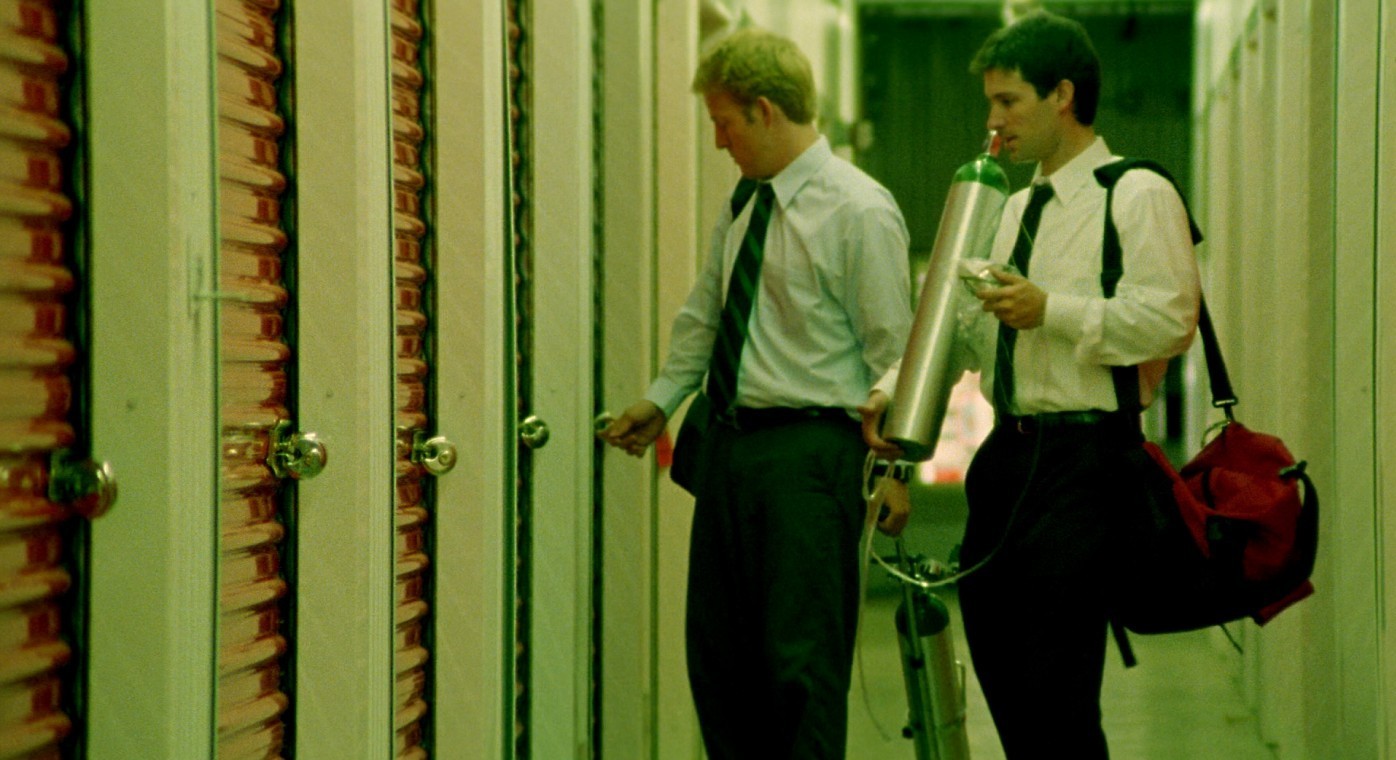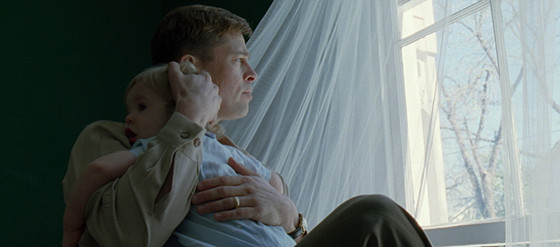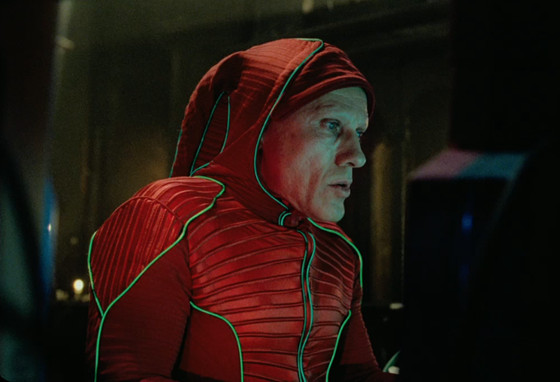6. Primer (Shane Carruth, 2004)

Synopsis: Four friends/fledgling entrepreneurs, knowing that there’s something bigger and more innovative than the different error-checking devices they’ve built, wrestle over their new invention.
Why it’s rated so low: Even for the most patient and perceptive viewer, Primer is next to impossible to follow. Loaded with complex technical dialogues, its convoluted plot and crude editing will leave you scratching your head afterwards.
Casual sci-fi fans looking for a thrill will be left disappointed as Primer doesn’t exactly tick any boxes of traditional genre films.
Why it deserves better: The mind-bending premise of Primer alone makes it more than a worthy watch. What separates it from films with similar themes is its unashamedly pure scientific approach, which is understandable once you learn that director Shane Carruth is a Mathematics major.
Everything about Primer feels raw and unpolished, which is clearly due to Carruth’s inexperience – this was his debut and one of only two feature-lengths he’s made so far. But the crudeness of it only contributes to a general feeling of watching a documentary, or – even more accurately – secretly following around a bunch of mad scientists with a camera. It is simply exhilarating to watch a story with such a profoundly fantastic premise and feel as if it’s the most natural and realistic thing ever.
7. Thirst (Ingmar Bergman, 1949)

Synopsis: A needy couple in a bad marriage travel back to Stockholm after a trip to Italy. Meanwhile, a widow resists seduction from two different persons – her psychiatrist and a lesbian friend.
Why it’s rated so low: Marriage is an often-visited subject in Bergman’s films, and Thirst represents his first foray into it. Precisely because of that, the movie is plagued by a poorly structured plot, sloppy jumps between two storylines and occasionally overblown melodrama. Bergman was only 31 years old at the time, still tapping around the darkness to find his footing.
Why it deserves better: Thirst will most likely never achieve mainstream acclaim, but it still represents a valuable gem for fans of the Swedish master’s work. The taboo subjects that he often tackled with stone-cold conviction are present here as well, albeit in a much rougher state. In a sense, Thirst stands as a “before” picture that, put against his later work, shows us the growth of one the most important filmmakers in history.
8. The Tree of Life (Terrence Malick, 2011)

Synopsis: The story of a family in Waco, Texas in 1956. The eldest son witnesses the loss of innocence and struggles with his parents’ conflicting teachings.
Why it’s rated so low: This is most likely the most polarizing film on the entire list. People who dislike it are most critical about and bewildered by the incongruous “cosmic” sequences, but also the disturbing relations amongst the film’s central family.
Why it deserves better: Vast in scope, high on symbolism and endlessly ambitious, Terrence Malick’s 2011 epic aims to capture the essence of the universe, from the details of the Big Bang down to the intricacies of interpersonal relationships. Those two things, and everything in between them, are inextricably connected and mutually influential in Malick’s world. The Tree of Life is a fascinating watch that will linger in the viewers’ minds long after the credits roll.
The acting in The Tree of Life deserves a special mention, since all of its stars deliver absolutely stellar performances, including the pre-cruise-control version of Brad Pitt in one of his most impressive and immersive roles ever.
9. Valhalla Rising (Nicolas Winding Refn, 2009)

Synopsis: Forced for some time to be a fighting slave, a pagan warrior escapes his captors with a boy and joins a group of Crusaders on their quest to the Holy Land.
Why it’s rated so low: Sparse dialogue, graphic violence, shallow plot, the feeling of self-importance and the apparent dominance of style over substance doomed Valhalla Rising with the audiences when it first came out in 2009. It bombed at the box-office, making only a measly thirty thousand dollars worldwide, but it has slowly been building a cult following since.
Why it deserves better: Valhalla Rising is, in its core, an adventure film. A dark, twisted adventure film that takes the viewer to places both geographical and metaphysical. What is unusual is that it uses visual imagery instead of dialogue to take you there. It is a stunning, beautiful film that uses color and music to make important distinctions in the minimalistic plot, but also to enforce unsettling moods upon the viewership. Valhalla Rising can be a deeply disturbing experience but it can never, ever be boring.
If it were made today, it would probably garner more attention and acclaim; given how both its director – Refn of Drive fame – and its star – the sublime Mads Mikkelsen – have gotten famous in the meantime.
10. The Zero Theorem (Terry Gilliam, 2013)

Synopsis: A hugely talented but socially isolated computer operator is tasked by Management to prove the Zero Theorem: that the universe ends as nothing, rendering life meaningless. But meaning is what he already craves.
Why it’s rated so low: The Zero Theorem is a movie with virtually no point. That can be frustrating to watch, especially when the director constantly teases you with bits that look like they could lead to an aha! moment, only to be completely dissolved, sometimes only moments later.
Why it deserves better: While it is fundamentally a satire – combined with Brazil and 12 Monkeys it makes for a loose hyperbole of all things Orwellian – The Zero Theorem is not meant to be viewed as a comedy, as satires usually are. Instead, it is a tragedy – only presented in a quirky, absurd and ironic way. That should not surprise anyone familiar with Terry Gilliam’s output, be it a Monty Python animation or a tall tale about a baron’s journeys.
If, then, The Zero Theorem is approached as a tragic tale of a man in search of meaning, the film’s own supposed pointlessness becomes an actual point.